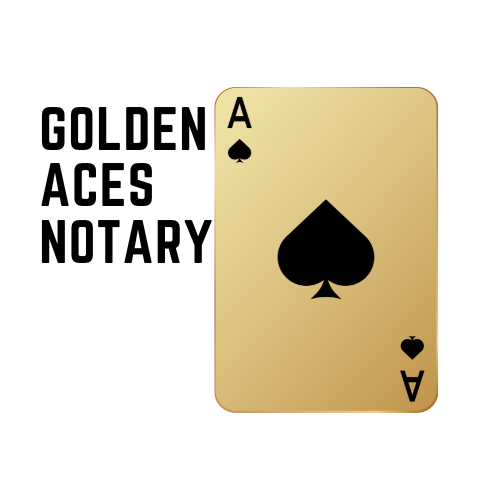What is a Notary and Notarization?
Notarization is the process of verifying the authenticity of a document or signature, which is carried out by a notary public. The process involves:
- Certifying the identity of the signer.
- Confirming that they signed the document voluntarily and with knowledge of its content.
- Ensuring that they were not coerced or under duress.
Notarizations are essential in legal, financial, and real estate transactions to validate document legitimacy. Keep in mind that various types are available, each with its own requirements and intended uses. Whether you need a notarized document for legal or personal reasons, it’s essential to understand the specifics of the type of notarization you require.
Basic Notary Signing Requirements
Notarization requirements depend on the document type and the location of the notarization. Generally, signers must personally appear in the notary’s presence and provide valid identification but this can be completed digitally. The notary verifies the signer’s identity and ensures voluntary signing free of coercion. Additional witnesses or certifications may be necessary for specific documents or according to state-specific regulations. Consulting a qualified notary public or legal professional is crucial to ensure compliance with all requirements for a valid notarization.
The Notary Process
Once all documents have been presented and the identification of the signors has been verified, the notary will witness the signing of the documents. The notary then affixes their official seal or stamp to indicate notarization. While the process may have slight variations based on the type of notarization, the fundamental steps remain the same. It is essential to understand that notarization verifies the authenticity of a signature and the signer’s identity but not the document’s contents.
Types of Notarizations
Notarization examples include acknowledgments, jurats, oaths and affirmations, and copy certifications.
- An acknowledgment acknowledges voluntary signing and personal identity as stated in the document.
- A jurat entails the signer swearing or affirming the document’s truthfulness.
- An oath is a solemn promise, to tell the truth, while an affirmation is a promise without invoking a religious deity.
- Lastly, a copy certification certifies an accurate and complete copy of the original document.
Understanding the different types of notarizations available to meet your notarization needs is crucial. Golden Aces Notary, your local mobile notary business, offers various notary services to cater to your requirements. Our experienced notaries assist with basic and more complex notarizations like remote online notarizations. For reliable and efficient notary services, check our calendar, call, or email us at https://www.goldenacesnotary.com to schedule an appointment or learn more.

